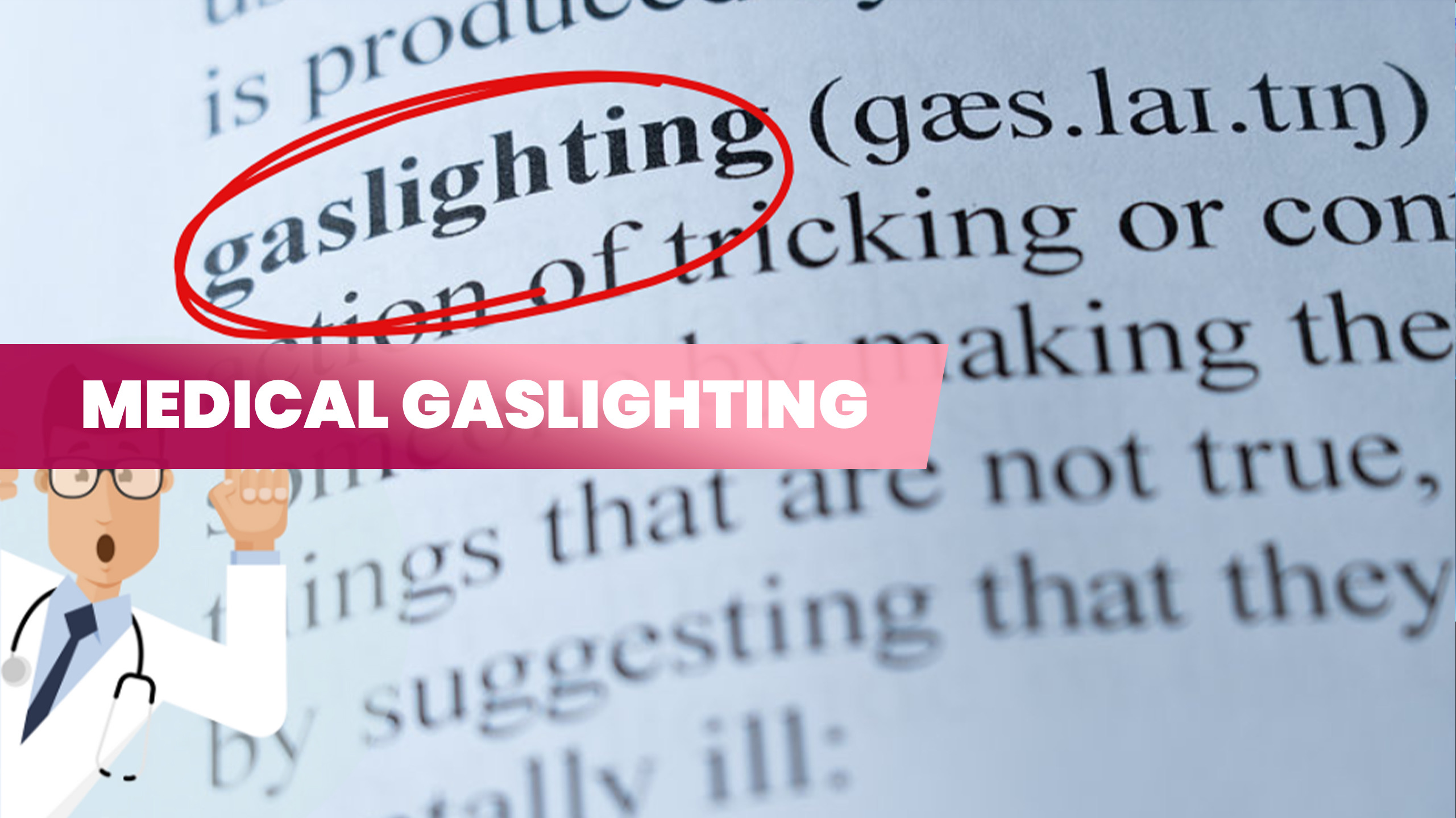Medical Gaslighting: Recognizing and Preventing Healthcare Bias

About Course
📆 April 16, 2025
🕛 12:00 PM – 1:00 PM (PST)
As a healthcare provider, have you ever brushed aside or dismissed a patient’s concern as nothing to worry? Imagine experiencing the warning signs of a heart attack, only to be told it’s just stress. Unfortunately, this scenario—known as medical gaslighting—is all too common, particularly among women, people of color, and other marginalized groups.
Despite heart disease being the leading cause of death in America, women’s symptoms are often misinterpreted, downplayed, or misdiagnosed. Research shows that women are twice as likely as men to be diagnosed with a mental illness when presenting with heart attack symptoms, leading to delayed care and worse outcomes. A study published in the Journal of the American Heart Association found that women, particularly women of color, face longer waits in the emergency room and receive fewer diagnostic tests, leading to misdiagnosis and delayed treatment. These biases often result in delayed diagnoses, improper treatments, and ultimately, poorer health outcomes.
In this webinar, we will explore the phenomenon of medical gaslighting—what it is, when and why it occurs, and its disproportionate impact on certain groups. Drawing on scientific research and real-world case studies, you’ll learn how to spot when medical gaslighting is happening and, more importantly, how to stop it. Discover how to give every patient the care they deserve by recognizing implicit biases and fostering a patient-centered approach.
Course Content
Live Webinar
-
Pre-Webinar Quiz Questions
-
Medical Gaslighting:
-
Post-Webinar Quiz Questions
-
Evaluation questions